I wrote this article in Japanese and translated it into English using ChatGPT. I also used ChatGPT to create the English article title. I did my best to correct any translation mistakes, but please let me know if you find any errors. By the way, I did not use ChatGPT when writing the Japanese article. The entire article was written from scratch by me, Saikawa Goto.
Introduction
Movies and books covered in this article

Three takeaways from this article
- Can we be sure that we will not become a minority?
- From the thought experiment “veil of ignorance,” we consider an ideal society.
- When we should prioritize justice over rules, can we take actions that break the rules?
Self-introduction article


Published Kindle books(Free on Kindle Unlimited)
“The genius Einstein: An easy-to-understand book about interesting science advances that is not too simple based on his life and discoveries: Theory of Relativity, Cosmology and Quantum Theory”
“Why is “lack of imagination” called “communication skills”?: Japanese-specific”negative” communication”
The quotes used in this article are based on notes taken at the movie theater from movies in Japanese and are not direct quotes from the foreign language original movies, even if they exist.
I Think the Idea of a “Society Where We have to Fight for Our Rights is Wrong”
I Feel Like the Kind of Rights Struggle Seen in Europe and America is Not Suitable for Japan

I have many opportunities to encounter non-fiction books and movies based on true stories. Among them, there are many works that depict the history of individuals gradually gaining their rights through struggles such as the “Abolition Movement” and “women’s suffrage” in Europe and the United States.

In such movements, I think it is wonderful, and sometimes I feel envious of the energy of the leading figures. It is impressive to see how persecuted people and those called minorities have gained equal opportunities through struggle and greatly changed society.
However, I myself do not want to be involved in such big movements. Probably I believe many Japanese people share the same feeling. I do not have the knowledge or experience to discuss it in detail, but I think Japan has been strongly influenced by the “MURASHAKAI (village-bonded society)” for a long time, and it is really only recently that individual rights have been properly recognized. I feel that because we are not used to it, we do not really understand how to get involved in movements to “acquire individual rights.”

Furthermore, even though “individual rights” are becoming more conscious in Japan, I think that the influence of “MURASHAKAI” has not been completely overcome even in modern times. Regardless of whether it’s good or bad (I believe it can be both good and bad), there are many systems where “groups and organizations take precedence over individuals and situations revolve around that” in Japan, and being in such a system can sometimes cause one’s awareness of individual rights to diminish.
I think it will still be a long time before Japanese people fight to acquire “individual rights.” Of course, there would have been struggles for rights in Japan up until now, but I feel that they are not as sophisticated as those in Europe and the United States.
Whether strong individual rights are a good thing or not was analyzed in a very interesting book called “Les lecons du Japon” by a Japanophile Frenchman. The author said that France had become a very cramped society because it “asserts individual rights too much.” I recommend reading the following article.
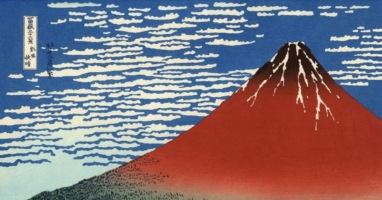
In the First Place, I Want a Society Where the Rights of Minorities are “Naturally” Guaranteed
I have doubts about the fact that “minorities have to fight to gain their rights” in the first place.
Of course, in a democratic society, things are basically driven by the logic of “majority rule,” and since “majority rule” means respecting the opinions of the majority, it can be said that it is natural for minorities to be overlooked structurally.

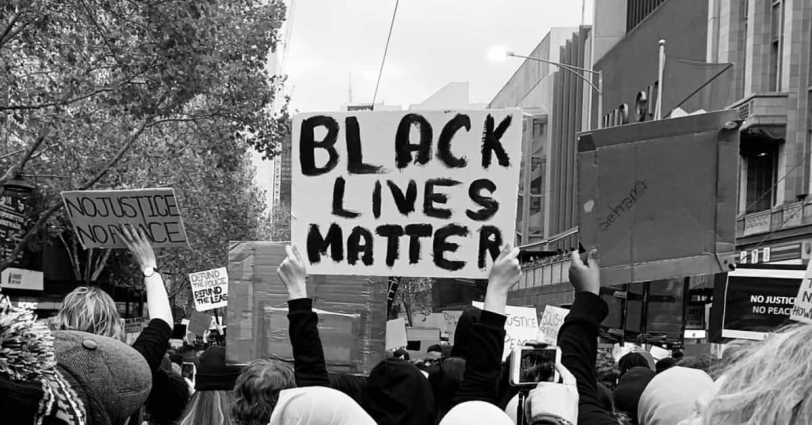
However, for this system to be beneficial to the majority, a crucial premise is necessary. That is, the premise that “as a member of the majority, I will never become a social underdog.” You may think that you, as a member of the majority, are secure forever, but can you really say that for sure?

We are living in a world where we are constantly asked this question. The COVID-19 pandemic has completely changed our lives. Of course, some people may not have been affected much by it, or even benefited from it. However, at the same time, I think there are many cases where people who were socially privileged have fallen into the depths of despair due to the spread of the virus.
There are other things that can have a huge impact on our lives as well. Recently, I feel that there have been many incidents of heavy rain, floods, and landslides. In Japan, earthquakes have been happening regularly since long ago, and it is difficult to avoid the damage since they cannot be predicted. However, I feel that flood disasters have clearly been increasing in recent years, and despite being somewhat predictable, they have caused tremendous damage.

Honestly, we never know when, where, or what events will drastically change our lives. That’s the society we live in.
Looking back on my life, I feel that I could have become homeless at any time, and I still think that there’s no guarantee that I won’t become homeless in the future.
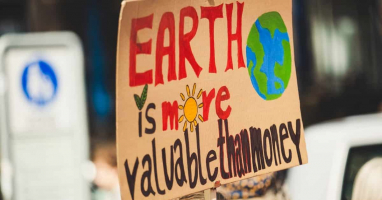
Homeless can be said to be a representative of social vulnerability, but they are not homeless by choice. People who do not understand the reality often tend to say things like “they’re just lazy” or “they’re not trying hard enough”, but there are supposed to be many people who have worked hard and become homeless due to a small setback.
And it could be you tomorrow. People who do not have such imagination can be felt as shallow thinkers.

In a world where one never knows when they might become a social underdog, it’s better for the majority to advocate for the rights of those who are socially vulnerable. It may be challenging to act altruistically, but if you can view advocating for the rights of social underdogs as a selfish act that also benefits you, it can be easier to take action.
It may be difficult to imagine oneself as a social underdog, but once we become one, it’s almost impossible to take any action. I believe instead of having minorities speak up and try to change society, it’s better for non-minorities to properly establish the rights of minorities and create a better society.
Even as I write this, I realize it may sound idealistic, but I still believe it to be true.

A Thought Experiment Called the “Veil of Ignorance”
Rawls’ discussion of the “veil of ignorance,” which presents the imagination of becoming a social weakling as a philosophical thought experiment, is interesting.
Now, please consider this for a moment. Imagine that you are wearing a completely black veil over your head and cannot see anything. Furthermore, let’s say that you have lost all memories and information about yourself. It means that you don’t know whether you are male or female, Asian or Black, a millionaire or homeless.
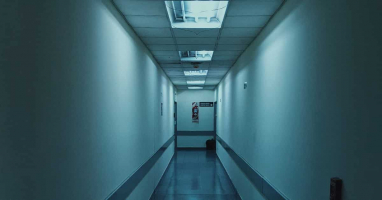

Under these circumstances, let’s imagine a group of people who are all wearing the veil (and have no memory or information about themselves), gathered to decide on the rules (constitution) of a new country. They are discussing and deliberating on various opinions to establish the country’s rules.
Now, this is a thought experiment to see what rules you would propose for this discussion.
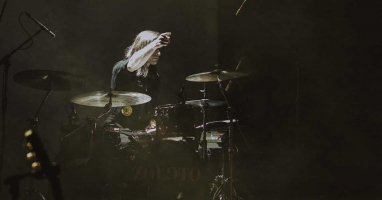
The point of this thought experiment is that after the rules of the country are decided, the veil is lifted and you find out who you are. You might be a “Japanese homeless person” or an “Egyptian millionaire.” You don’t know until the rules are determined.
You could propose a policy that favors the rich, but you may find out you’re homeless when the veil is lifted. You could suggest bringing back slavery, but then may find out you’re a slave yourself. So, what would you do?

Rawls argued that the proposals made while under the “veil of ignorance” represent the kind of justice that everyone should aspire to. By creating rules that do not disadvantage anyone regardless of their position, a fair society for everyone can be created. While there are criticisms of this thought experiment, I find it very convincing. Even though it may not be practical to establish rules in this way, I feel that it can be a starting point for discussions.
Once again, I urge you to consider what kind of society you would want while wearing the “veil of ignorance.” In such a society, minorities would likely not suffer as much hardship.

“Breaking the Rules” to Reach the “Ideal Society”
This movie poses the question of “Which should be upheld, rules or justice?” and I take the position that “it’s not enough to just follow the rules.”
First of all, I believe that rules should be followed. It is because in a society where people with completely different values live together, rules are necessary, and if “following the rules” is not the basic action, then the value of the rules is lost.
However, it is not enough to simply follow the rules.

In the movie, a group of homeless people stage a “peaceful protest,” which is clearly against the rules. However, in this unique situation where “there are no direct victims of not following the rules” and “many victims will be created if the rules are followed,” I believe this rule-breaking should be allowed.
If the “ideal” is a society created through discussion under the veil of ignorance, then the society in which we live is sure to deviate from that “ideal.” While this deviation should be corrected, it cannot be improved overnight due to various reasons. If the situation continues without being corrected, people will inevitably suffer.
In such cases, I think it’s acceptable to break the rules.

I think the primary purpose of “rules” is to protect the weak. Therefore, if the rules fail to protect the weak, it can be considered flawed. And I believe that such flawed rules should be broken as long as they are in the cause of “protecting the weak”.
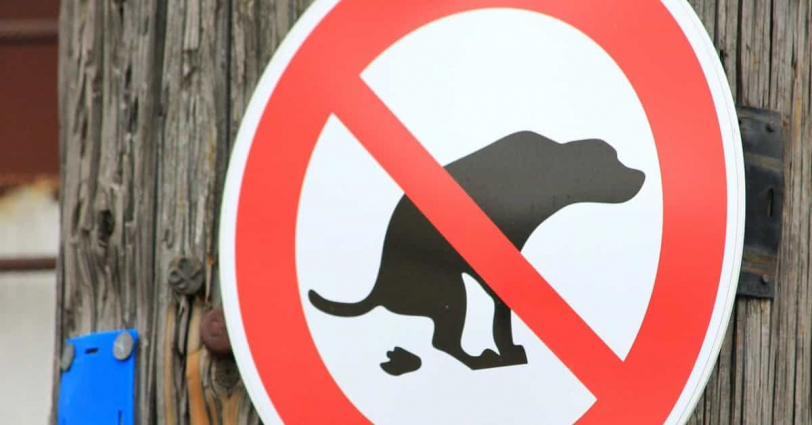
There are many instances in society where rules and justice collide. And whether or not a rule has been broken is easy to determine, which is why it immediately becomes a target for criticism and backlash.
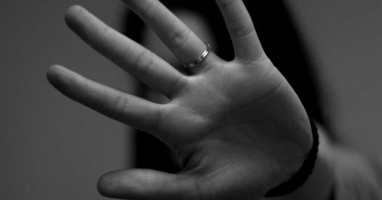
However, I believe what is important is to discuss “what disadvantages have arisen from breaking the rule” and “whether justice could have not been achieved if the rule had not been broken.” I feel that due to the excessive power of criticism and backlash, such discussions are not being conducted properly.
I hope we live in a society where within the scope of the premise of “rules must be followed”, and it is easy to judge that “at this moment, justice is more important than the rules.”

Content Introduction
Stuart, who works as a staff member at The Public Library of Cincinnati and Hamilton County, is having a tough time. He barely has time to touch books and is very busy answering inquiries at the counter and dealing with homeless people.
At the counter, he gets asked some outrageous questions like, “Where’s the color photograph of George Washington? (which obviously doesn’t exist)” and “Is there a full-size globe? (which obviously doesn’t exist)”. He’s expected to handle even these crazy questions.

Homeless people also gather at the public library, particularly during the winter when hit by cold waves, as the library serves as a lifesaving shelter. Since “anyone can enter after opening” is the library’s principle, they cannot kick people out, but they need to be cautious of homeless people who cause trouble or fail to observe decency.
In any case, Stuart is in a flurry every day.
One day, he is surprised to hear some shocking news. It turns out that Stuart and his colleagues have been sued. Ten weeks ago, they kicked out a homeless person for “body odor,” and now they are facing a lawsuit. The lawyer shows up and demands $750,000 for a settlement.
Stuart is struggling to balance “individual rights” and “other users’ rights” on a daily basis.

The prosecutor Davis who told Stuart “You’re being sued” is running for mayor right now. The most popular candidate is a black pastor, and Davis’ aides tell him “If the vote is taken now, we’ll definitely lose,” but he thinks there’s a chance of a comeback if “something” happens.
Meanwhile, Detective Bill, who wants to take a leave of absence, has applied to the chief. He wants to find his missing son. Many homeless people have died due to recent cold waves, and he is worried that his son may become one of them. However, the chief persuades Bill to wait a little longer, saying that he will definitely give him a vacation.
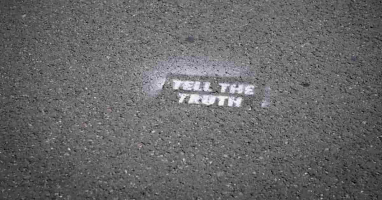

Now, in the midst of all this, a homeless person approaches Stuart as usual, as he tries to close the library. This homeless person is familiar to Stuart. He declares to Stuart, “I’m not leaving the library today. I’m occupying it.” With the cold snap today, going outside could mean death, and homeless shelters are full with no vacancies. So he asks, please let me stay here tonight.

Stuart tries to convince the library director to support the homeless, but the timing is bad. Stuart, who is being sued, has been told that he is a target for dismissal by the council. The director does not want to let Stuart go, so he persuades Stuart not to make a fuss for now.
However, the “occupation” by the homeless gradually begins. And Davis takes notice. He plans to raise his approval rating by taking advantage of this situation and tells the media a complete lie that it is a “hostage situation by a mentally ill person who may be armed.” This causes a big commotion…

Impression
It may be difficult to understand for those who have not read it, but the movie was reminiscent of Isaka Kotaro’s novels (He is the author of the movie “Bullet Train”). Small events that can only be described as trivial develop into big problems by chance, and the situation becomes increasingly complex due to strange coincidences. And while it is understood that it is not possible in reality, it exudes a delicate realism that makes me feel somewhere that “it wouldn’t be strange if such a thing really happened.”

The “Isaka-Kotaro-like worldview” in this movie is supported by the attractiveness of the characters. What was supposed to be a simple “peaceful hostage situation” turns into a chaotic story due to the various motives of different people, such as Stuart who is treated as the “leader of the occupation”, the homeless coordinator, a colleague who wants to transfer to the literary section, the library director, and a neighbor who became friends the day before, among others. And the chaos is settled everything nicely by a rather shocking ending, …… or rather, not at all, but it is an exquisite ending that makes us think, “If this happens, there is nothing more to be done.” I felt that the film was very well done from beginning to end.
Now, while there are many lovable characters who display very human and chaotic behavior, there are also some easily disliked stereotypes. Specifically, there are those who act solely with the motive of boosting their approval ratings, like Davis, and the female caster who is trying to become famous through this coverage.

In this movie, stereotypical characters are thoroughly depicted as “uncool guys,” adding to the enjoyable factor.
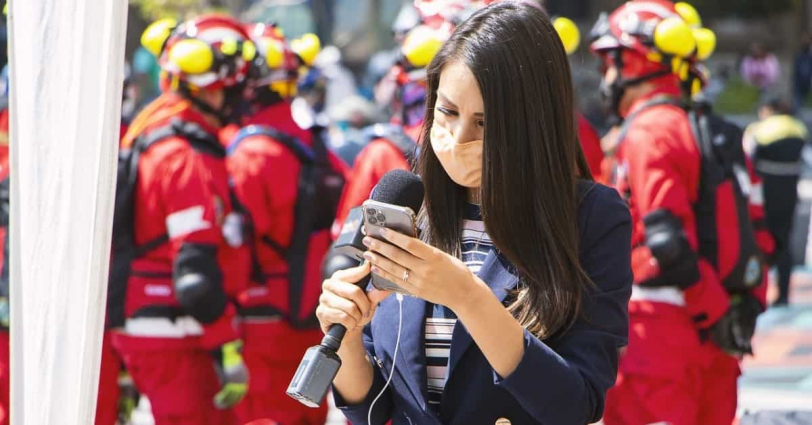
Particularly enjoyable was the scene where the female newscaster conducts a phone interview with Stuart. Without giving away the specifics, in this scene Stuart understands the “intent of the question” by the newscaster, and successfully conveys a completely different message to the national audience while seeming to answer the newscaster’s intended question. This was a wonderfully executed scene born of the newscaster’s ignorance and the librarian’s intelligence.
Moreover, the question of “what is the mission of the public library?” that runs through the entire film was very impressive. The movie title is “The Public,” and it is truly “public.” Through a humorous “peaceful demonstration,” the film prompts the audience to think realistically about not only the meaning to exist of a “library” as a “place where everyone can exercise their right to know,” but also about what a “public entity” should do and how it should be.

I won’t go into specifics, but I was very impressed by a scene in which one person exclaimed as follow.
I’ve dedicated my entire life to the freedom of information for citizens. I won’t stand for being turned into a battleground for you thugs!
I felt that it’s almost as if I’m being asked, “What would you do in the same situation?”

Conclusion
It is a “funny” film that sometimes elicits laughter from the audience, but I felt it had depth beyond just being funny.
Every time I watch a movie like this, I think I want to be a person who can choose justice when I have to weigh rules and justice.

Published Kindle books(Free on Kindle Unlimited)
“The genius Einstein: An easy-to-understand book about interesting science advances that is not too simple based on his life and discoveries: Theory of Relativity, Cosmology and Quantum Theory”
“Why is “lack of imagination” called “communication skills”?: Japanese-specific”negative” communication”







コメント